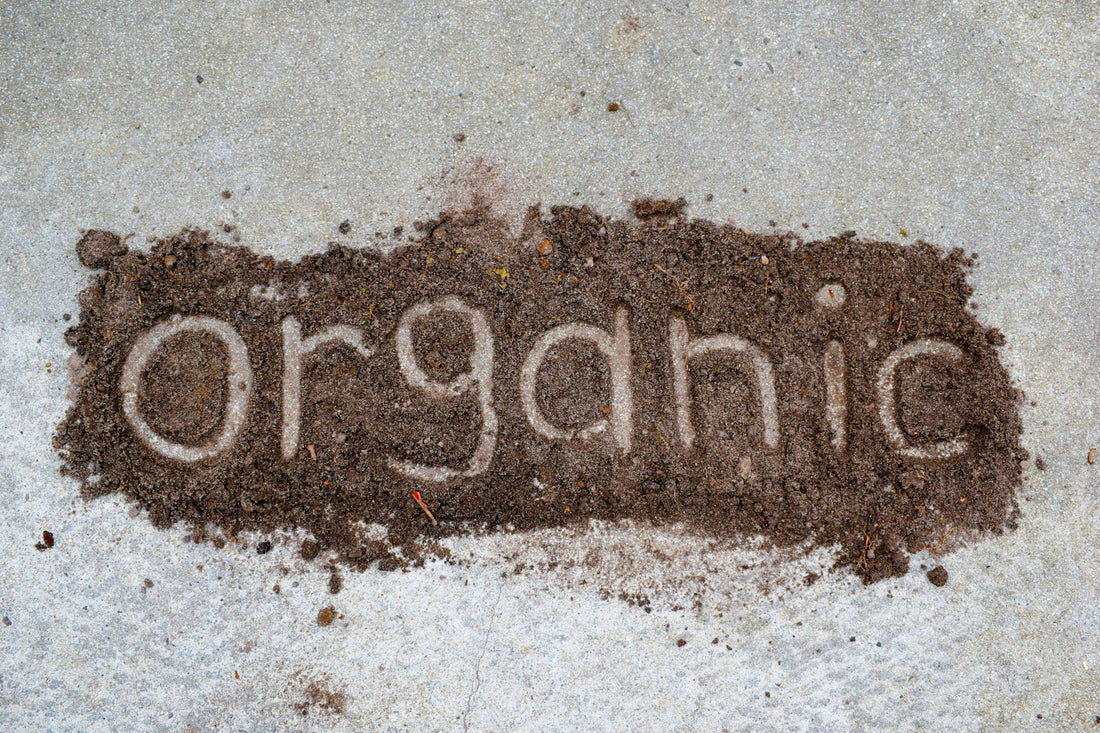
Organic vs. Conventional Baby Products: What’s Best?
Share
Making Informed Choices for Your Little One
When it comes to baby products, parents are often faced with a choice: organic or conventional? From skincare to clothing, toys, and even food, the options are overwhelming. But understanding the differences can help you make safer, healthier decisions for your baby’s delicate needs.
Babies have sensitive skin and developing immune systems. Choosing the right products can reduce exposure to harmful chemicals and allergens, and provide peace of mind for parents.
🌱 What Are Organic Baby Products?
Organic baby products are made with natural ingredients, grown without synthetic pesticides, fertilizers, or genetically modified organisms (GMOs). Common organic products include:
-
Baby lotions, oils, and wipes
-
Clothing made from organic cotton
-
Baby food made from organic fruits and vegetables
Organic products are designed to minimize irritation and reduce the risk of chemical exposure, making them a popular choice for health-conscious parents.
🧴 What Are Conventional Baby Products?
Conventional products are made using standard manufacturing processes and may contain synthetic chemicals, dyes, fragrances, or preservatives. While often more affordable and widely available, they may carry risks of:
-
Skin irritation or rashes
-
Allergic reactions
-
Long-term chemical exposure
Conventional products can be safe if chosen carefully, but parents need to pay attention to ingredients and labels.
⚖️ Comparing Organic and Conventional
| Feature | Organic | Conventional |
|---|---|---|
| Ingredients | Natural, fewer chemicals | May include synthetic additives |
| Skin Safety | Gentle on sensitive skin | Can cause irritation in some babies |
| Cost | Usually higher | Often lower |
| Environmental Impact | Sustainable, eco-friendly | Varies, may include pesticides |
👶 When Organic May Be Worth It
-
Sensitive skin or allergies: Organic products can reduce irritation.
-
Infant skincare: Fragrance-free, chemical-free lotions and wipes protect delicate skin.
-
Food choices: Organic baby food can minimize pesticide exposure.
Even if you cannot use all organic products, prioritizing key items like skincare, clothing, and food can make a difference.
✅ Final Thoughts
There is no one-size-fits-all answer. Both organic and conventional baby products can be safe if used correctly. The key is to read labels carefully, choose trusted brands, and consider your baby’s unique needs.
By making informed choices, you can provide your little one with the safest, healthiest start in life while balancing budget and convenience. Ultimately, whether you go organic or conventional, your attention to quality and safety is what matters most.
